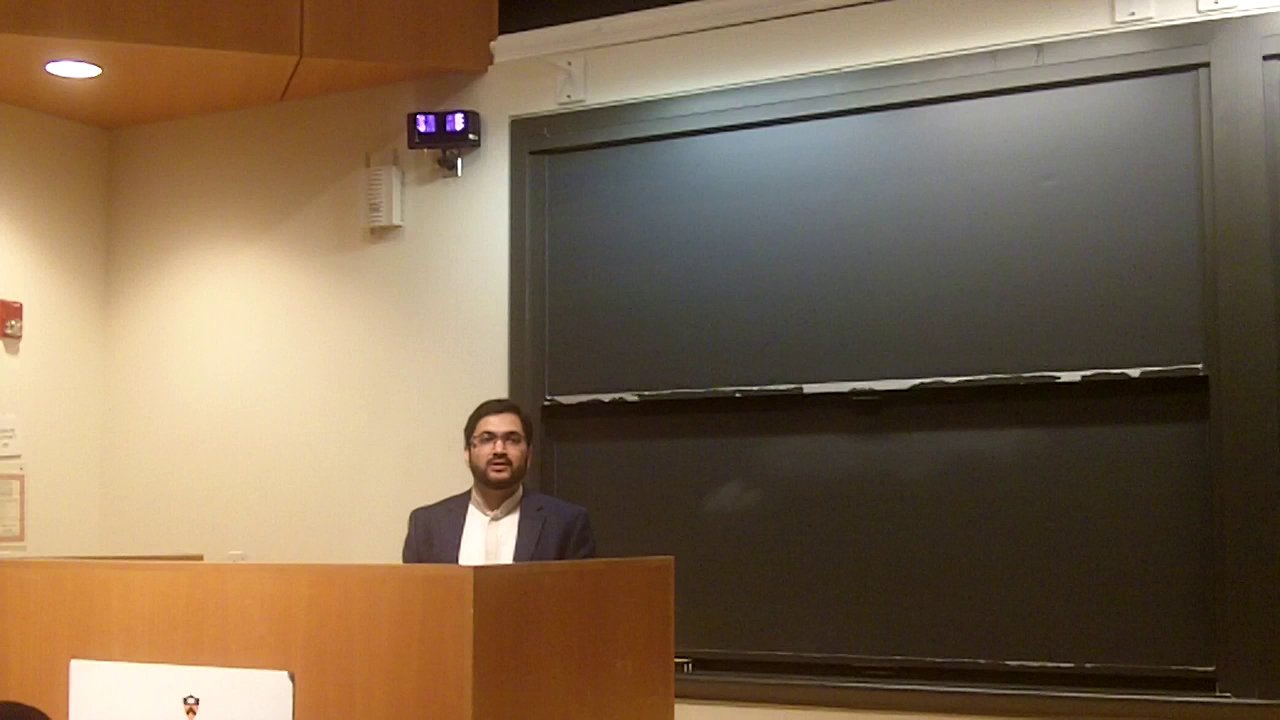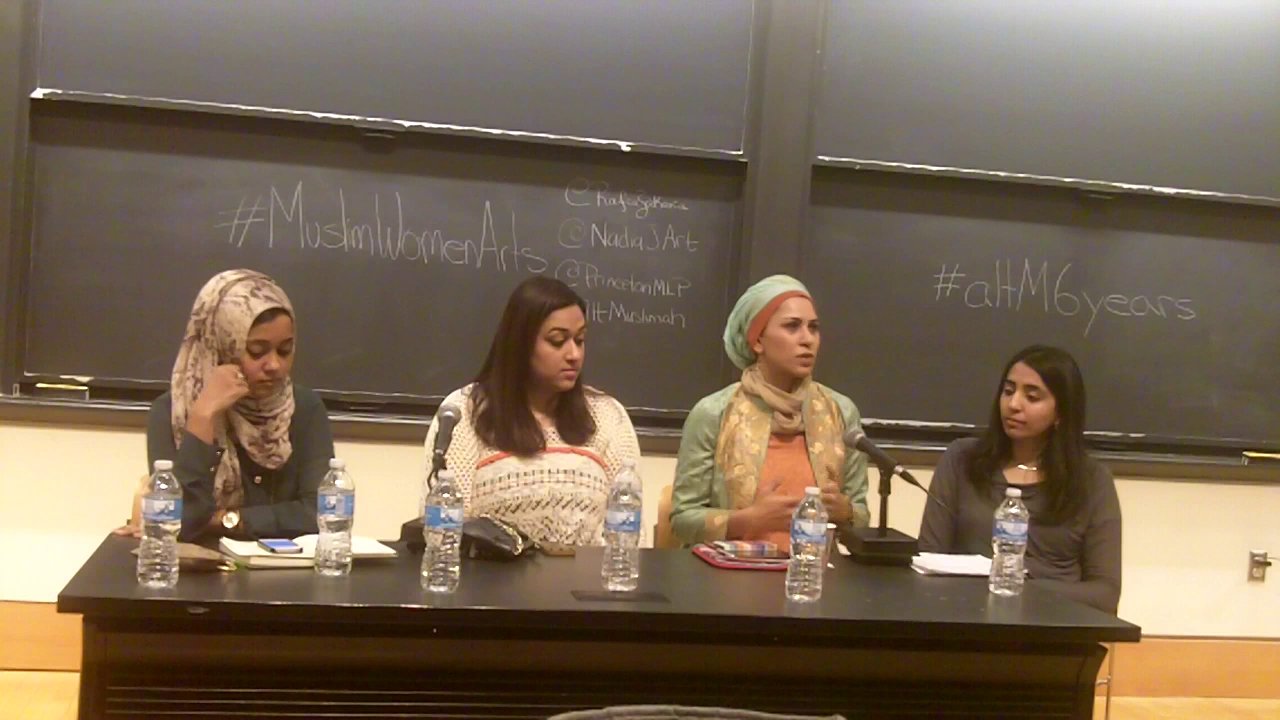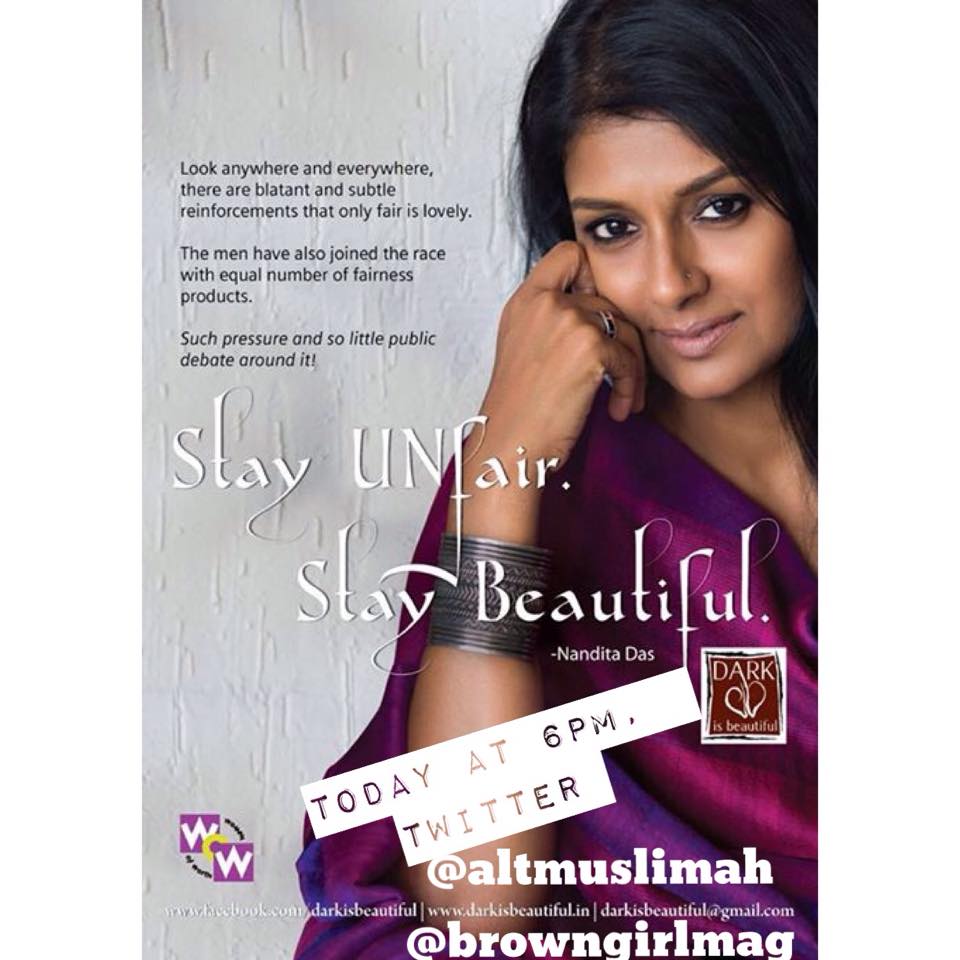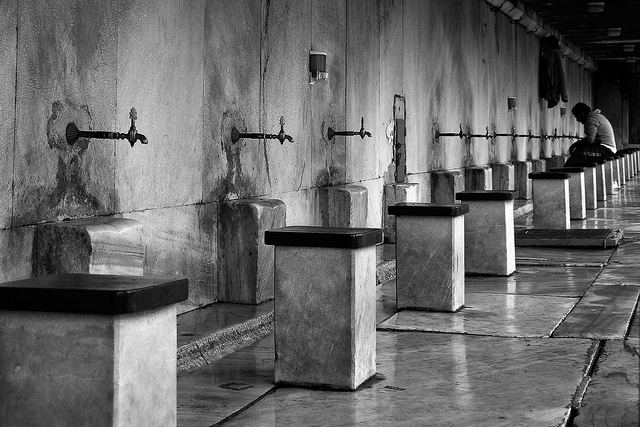As practicing Muslims, we’re so used to a traditional separation of genders – during prayer, during conferences, and so on. In looking for mainstream art and music to mimic, hip-hop in particular is an easy one to copy, as in its nature, it can be used to express anything. So what about a genre that could arguably be seen as predominantly expressing love for women?
Muslim hip-hop has been around for awhile now and has been gaining popularity for at least the last decade, as music itself gains acceptance in mainstream Muslim American culture. However, Muslim R&B has been slow in developing, let alone gaining popularity. While new rappers, including Muslim rappers, appear every day, there aren’t as many Muslim R&B artists coming out in mainstream pop culture or performing at Islamic conferences and events.
Musically, I believe there are some technical reasons as to why this is, but within the Muslim community, I feel a large factor is due to the defining trait of R&B – that is, 95% of R&B songs talk about “love” – specifically, a more-than-plutonic type of love – between men and women.
As practicing Muslims, we’re so used to a traditional separation of genders – during prayer, during conferences, and so on. In looking for mainstream art and music to mimic, hip-hop in particular is an easy one to copy, as in its nature, it can be used to express anything. It can even fall within the accepted gender parameters of mainstream Islam – genders (mainly males) catering to their own (other males). Ironically, the Muslim hip-hop movement has been supported by women as much as, if not more than, men. So what about a genre that could arguably be seen as predominantly expressing love for women?
Of course, this isn’t the case 100% of the time – Muslim hip-hop can have subjects that are applicable to both genders. However, it can sustain itself while managing to avoid the taboo of “more-than-plutonic” love songs. R&B doesn’t have this luxury – romantic love is central to its nature.
There is a Muslim market yearning for the melodic harmonies this genre has to offer, but I feel oftentimes, we settle for the alternative – nasheed-based folk singers or groups. While there definitely is a place and a need for this type of music and the dhikr of Allah, the reality is, we are a part of mainstream culture and enjoy its art and music. We connect with music that talks to us about real life experiences, which include popular music as well as the subject of love, marriage and relationships.
As an artist, I choose to embrace the concept of romantic love in R&B. I know that romantic love is not forbidden in Islam – when practiced within permissible parameters, namely marriage. Loving women – your wives, mothers, sisters – is in fact a trait that defines a good Muslim. It seems we are able to rap or sing about pain, anger, etc., but for some reason, singing about love is taboo.
I’m in no way condoning inappropriate music – such as explicit public expressions of sexuality which are so pervasive in popular music today. However, when we are looking for Muslim music alternatives to mainstream music that connect with our real lives and experiences, it’s impractical to think that traditional “spiritual” music or even hip-hop alone will fill that void.
Farid Alhadi is a Muslim R&B artist.




















